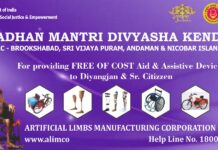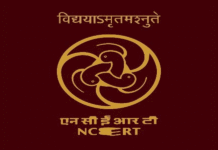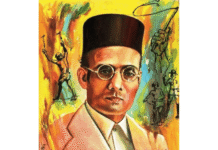The Indian Medical Association (IMA) has welcomed the Goods and Services Tax (GST) Council’s decision to slash GST on cancer-related and other essential medicines, describing it as a “commendable step” that would make healthcare more affordable and accessible across India.
In its statement issued on Monday, the IMA said the reduction in GST on critical medicines reflects the government’s commitment to strengthening the country’s healthcare infrastructure while easing the financial burden on patients battling cancer, chronic illnesses, and life-threatening infections.
As part of the revised framework, the GST Council has proposed cutting tax rates on several categories of drugs, bringing some from 12 per cent down to 5 per cent, and in certain cases, to nil. This includes medicines used in cancer treatment as well as those prescribed for rare diseases. The decision, the association noted, would particularly benefit patients undergoing high-cost therapies such as chemotherapy, immunotherapy, and targeted treatments, which often place severe financial strain on families.
The IMA also emphasized that while the reduction was a welcome development, further measures were required to fully alleviate healthcare expenses. It urged the GST Council to extend exemptions to a broader range of lifesaving and essential drugs. Among the categories highlighted were insulin and oral agents for diabetes, antihypertensives and cardiac medicines, and treatments for chronic kidney disease, thyroid disorders, collagen vascular diseases, asthma, chronic obstructive pulmonary disease (COPD), osteoporosis, and serious infections.
In addition, the IMA pointed out the need for GST exemption on intravenous immunoglobulin and medicines used for haematological disorders such as haemophilia and myelodysplastic syndromes. Such exemptions, it argued, would directly support vulnerable patients who require continuous access to expensive therapies.
Beyond pharmaceuticals, the medical body also pressed for reductions in GST on medical equipment. It said that lowering taxes on diagnostic and therapeutic devices would significantly cut operational costs for hospitals and clinics, making treatment more affordable for patients.
One of the stronger appeals made by the IMA concerned hospitalisation expenses. The association recommended the complete removal of GST on hospital beds, a move it said would immediately bring down the cost of inpatient care. With hospitalisation often being one of the highest financial burdens in medical treatment, the IMA suggested that such a reform could substantially improve affordability.
The association also reiterated its demand for GST exemption on health insurance premiums. With health insurance coverage still limited in India, IMA argued that tax relief on premiums would ease the burden on households and encourage more people to opt for medical insurance. “This would not only support families during emergencies but also widen the reach of health insurance, ultimately improving healthcare access across the country,” it stated.
The government has been steadily working to rationalise GST on essential and lifesaving medicines as part of broader tax reforms. The latest reductions mark a step toward easing costs for patients but also highlight the continuing debate over the scope of exemptions in the healthcare sector.
By calling for wider GST exemptions, the IMA has underscored the urgency of aligning tax policy with public health priorities. While the decision to cut GST on cancer medicines has been welcomed, the association’s recommendations point to the need for a more comprehensive framework to ensure equitable access to affordable treatment for all sections of society.





